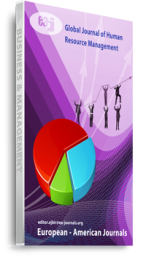This paper theoretically explored the concept of managerial humor in relation to the dangers and gains it brings into the organization as managers strive to manage the 21st century workforce toward sustainable organizational performance. In the cause of extant literature review, four managerial humorous behavior i.e. affliative, self-enhancement, aggressive and self-defeating were adopted as the most reliable indicators of humor practices in modern business management. Consequently, our findings revealed that managerial humorous behavior at the workplace is a phenomenon characterized by mixed effect. This is to say that each humorous disposition put up by managers leave the organization with a given consequence, which may be positive (gains) or negative (dangers) in nature. The study further discovered that managerial humor such as affiliative and self-enhancement is positive and beneficial to the organization through improved leader-member relations, while humorous behavior such as aggressive and self-defeating are negative and detrimental to group cohesiveness due to its demeaning and abusive character. Thus, we conclude that irrespective of the obvious dark side of managerial humor, when managers effectively adopt and apply the right humor in the right context, it create a platform for improved employee well-being and other organizational outcomes such engagement and commitment. Thus, we recommend as follows: i) that manager should always make use of positive humor as a means of communicating information that may be considered offensive to the employees. ii) that managers in order to keep their interpersonal relationships with followers on track should try as much as possible to avoid the use of negative humorous jokes.
Keywords: 21st Century., Managing, dangers, gains, humor

